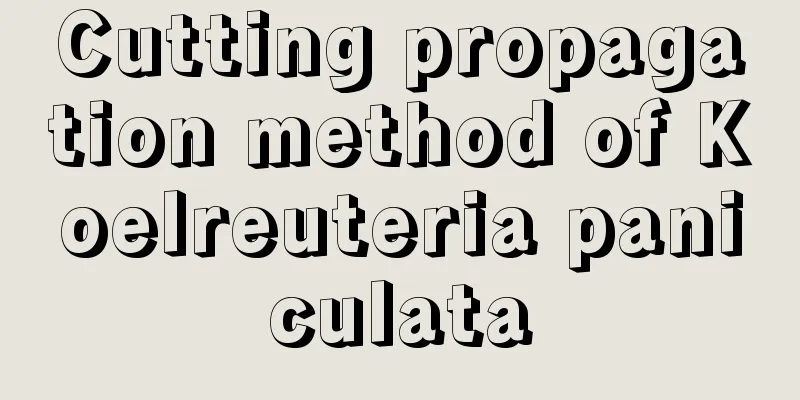Tips for fertilizing flowers

Types of FertilizationOrganic fertilizerIt is a complete fertilizer, also known as farmyard manure in China, a type of fertilizer made from natural organic matter decomposed or fermented by microorganisms. For example, green manure, human feces and urine, manure, compost, fermented manure, biogas fertilizer and waste fertilizer. It not only contains nitrogen and phosphorus, the three important elements required for flower growth, but also trace elements and growth stimulants, which play an important role in promoting their growth. At the same time, the application of organic fertilizer can also improve soil structure and increase soil water retention capacity. Therefore, more organic fertilizer should be applied. Inorganic fertilizersMineral fertilizer, also called chemical fertilizer, is made by chemical synthesis or processing of natural ores. Fertilizers mainly in the form of inorganic salts. The nitrogen, phosphorus, potassium and other nutrients it contains are all in the form of inorganic compounds. It has a fast fertilizer effect and is mostly used as foliar spray fertilizer. Fertilizer selection for flowersFor foliage plants, apply nitrogen-based fertilizer 1-2 times during the growing season. For flowers that are mainly for viewing, nitrogen fertilizer should be applied as the main fertilizer when they are sprouting branches and leaves, once every ten days. When the flower buds are differentiating and forming buds to the growth stage before flowering, phosphorus fertilizer should be applied as the main fertilizer, nitrogen-phosphorus combined fertilizer 1-2 times. Fertilization methodbase fertilizerMixing organic fertilizer, bone meal, superphosphate, etc. directly into the culture soil is called base fertilizer. Do not add too much. Organic fertilizer should not exceed 10% of the culture soil, and inorganic fertilizer should not exceed 1%. top dressingDuring the growth and development period of flowers, fertilizer applied according to different needs is called top dressing. Its concentration is very low, such as urea, diamine, etc., which need to be dissolved by adding 100-1000 times water. The clarified organic fertilizer liquid should be diluted with water more than 10 times before use. Foliar FertilizationAlso known as foliar fertilization. Use a sprayer to spray liquid fertilizer onto the leaves. The fertilizer dissolved in water enters the plant directly through the stomata and cuticle of the leaves. This is called foliar fertilization. |
<<: 15 flower-growing tips that flower growers must know!
>>: Growing flowers also depends on "the right time, the right place and the right people"
Recommend
How to grow colorful calla lily
Pot Planting Tips Point 1 The soil for potted col...
How to sow green ingot
Selection of Green Yuanbao The seed pods of Green...
Chicory sowing propagation method
Chicory seed propagation Seed treatment One week ...
How to cultivate the green treasure tree
1. Soil It has strong survival and adaptability, ...
Cultivation methods and precautions of Amorpha fruticosa
1. Soil Amorpha fruticosa is not very demanding o...
Cultivation methods and precautions of Trichosanthes kirilowii
1. Maintenance methods 1. Soil: Trichosanthes kir...
How to plant plum seedlings? Planting techniques for newly bought plum seedlings
Plum is a very important economic fruit tree. The...
What is the best season to plant sunflowers?
What month is suitable for planting sunflowers? S...
Brussels sprouts cultivation methods and precautions
1. Maintenance methods 1. Temperature: The most s...
Cultivation method of Jianshi maple
1. Soil: Jianshi maple has strong adaptability an...
The difference between purple-backed amaranth and blood-skinned vegetable
1. Leaf Difference The leaves of purple-backed gy...
The difference between black bone tea and small leaf red sandalwood
1. Differences between tree trunks Black bone tea...
The efficacy and function of coral grass
effect 1. Coral grass, honeysuckle and licorice a...
When is the best time to plant ginseng fruit?
In recent years, the market prospects of ginseng ...
What is snow vegetable?
What is snow vegetable? Snow vegetable is a veget...









